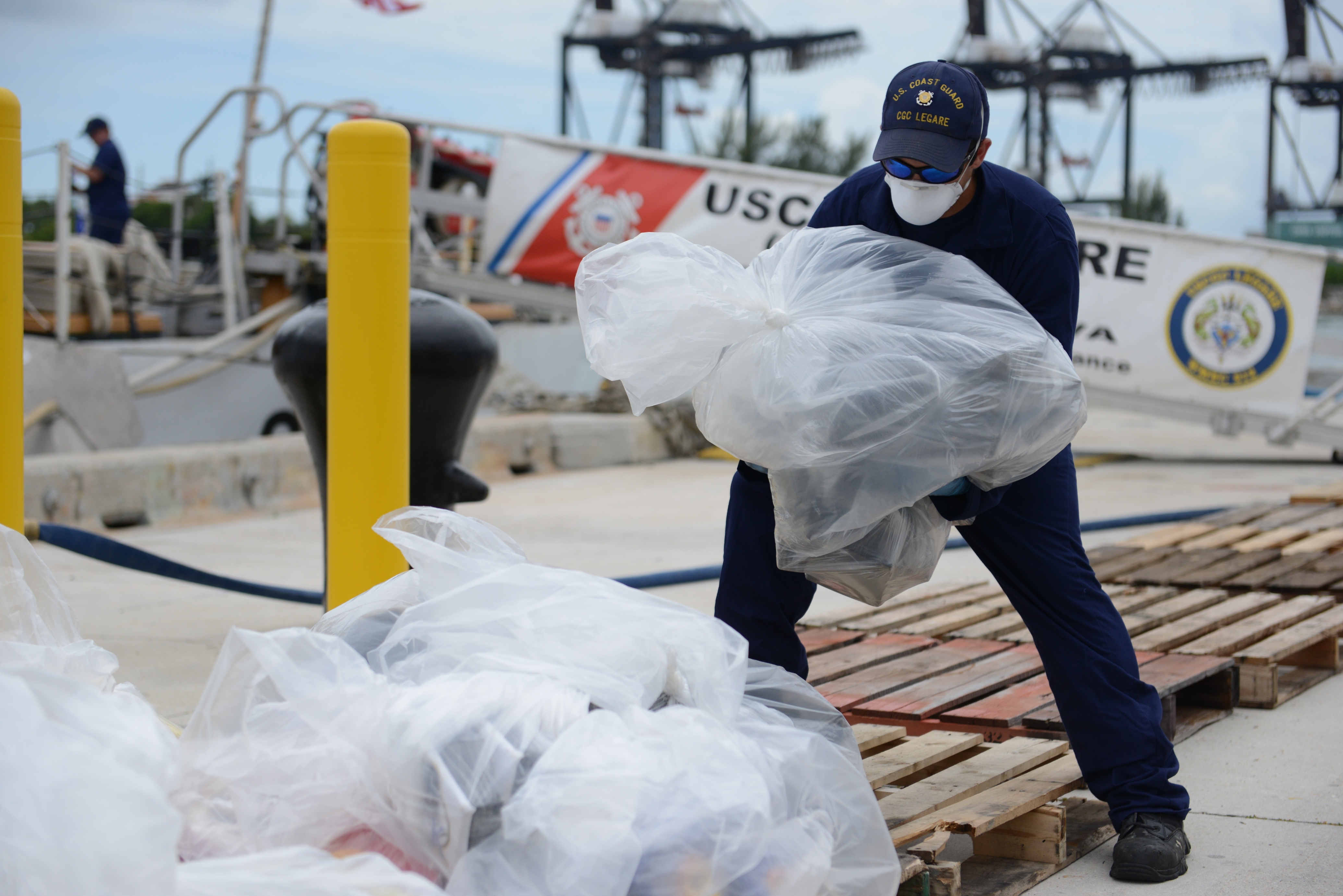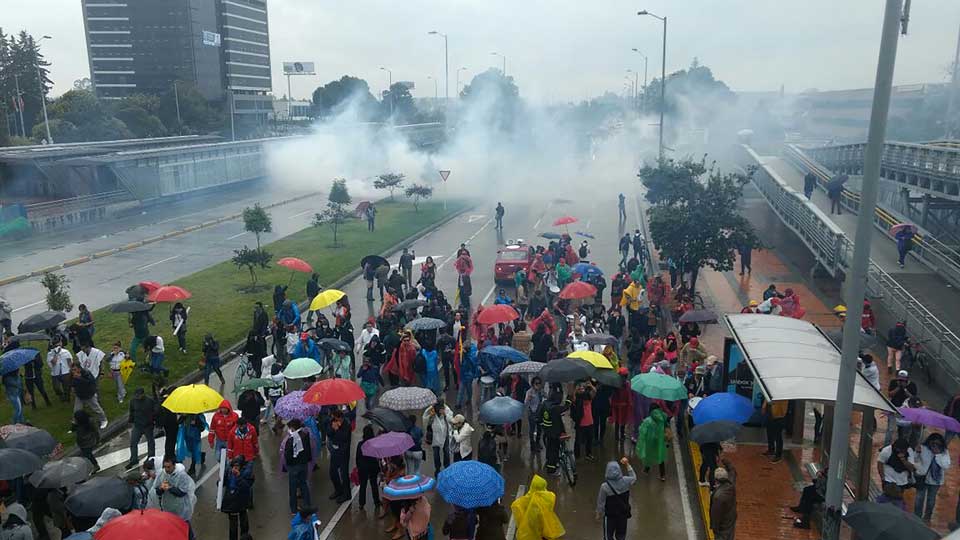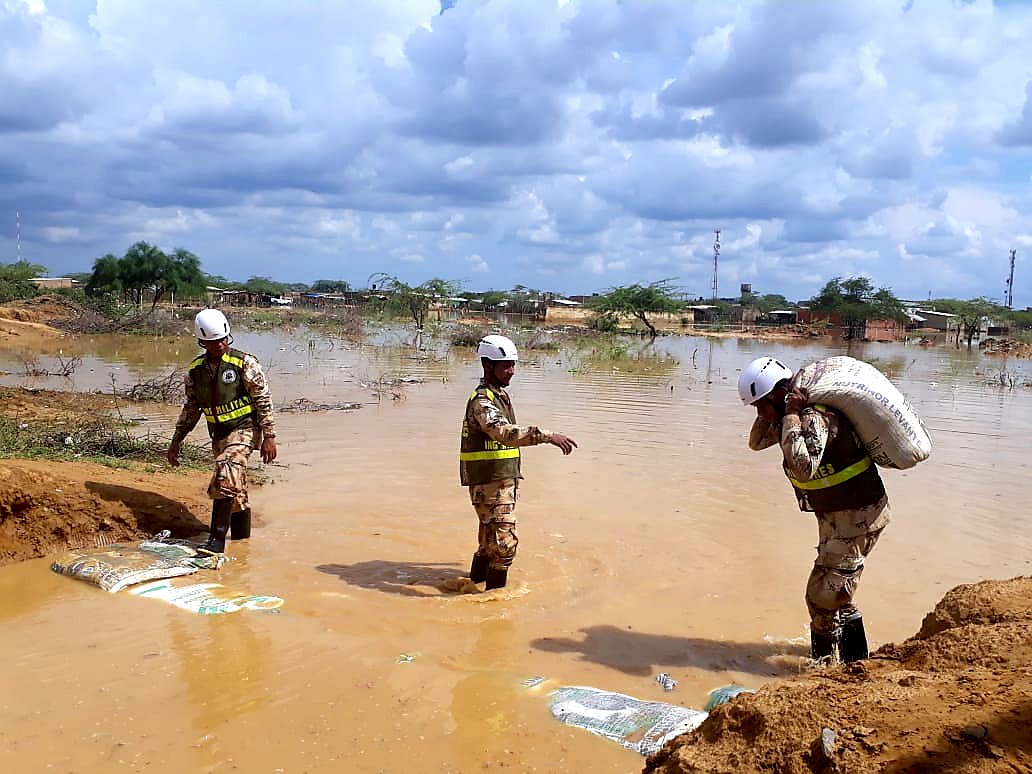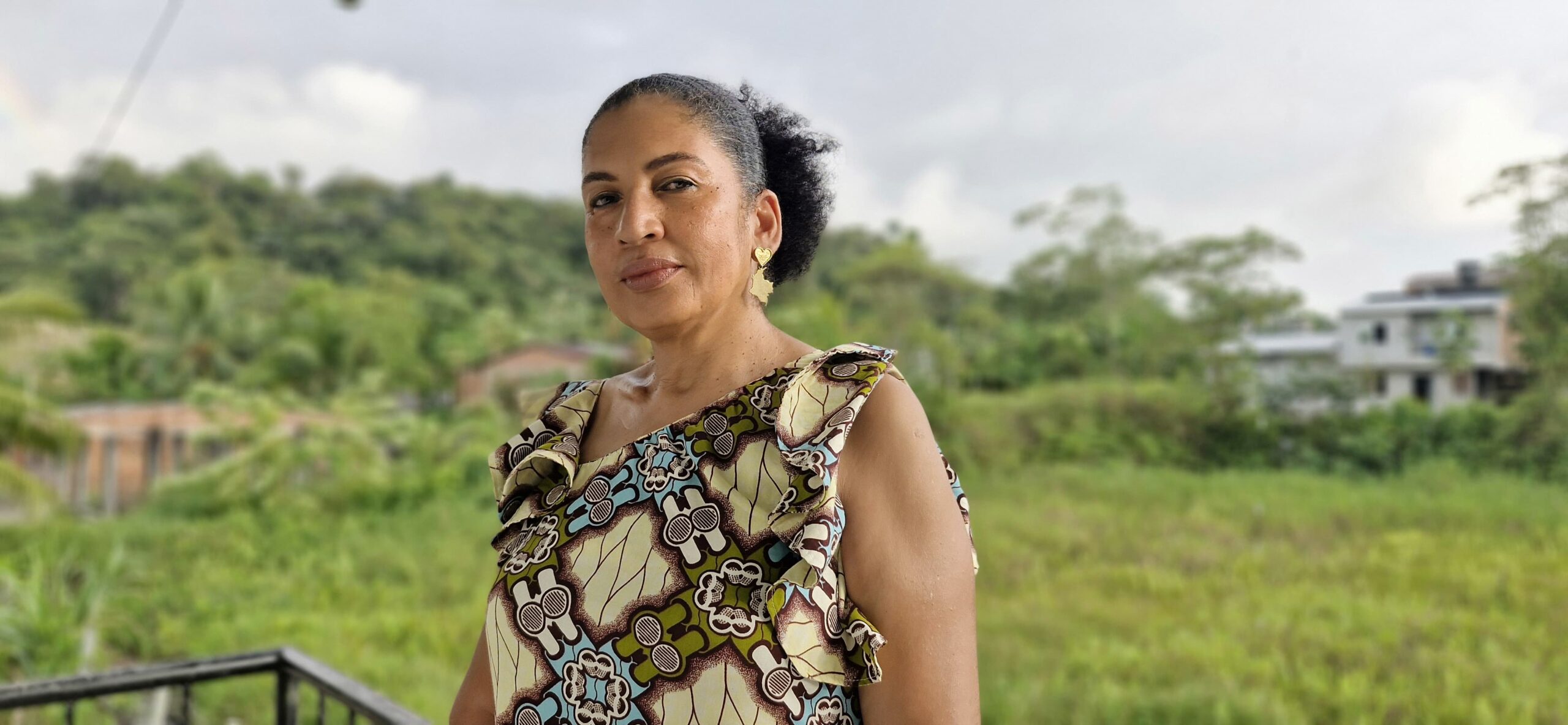
Photo courtesy of Pixabay
The United States continues to be a global superpower. The US for the time being will continue to influence countries all across Latin America. However, recent events have suggested signs of decline. And as the decline grows more evident, how will the region’s political power rebalance? The election of Andrés Manuel López Obrador (AMLO) in Mexico, as well as the likely election of Jair Bolsonaro in Brazil this weekend marks a radical departure from the current status quo. What does this mean for Colombia? In his latest column, El Mohán spells out what the decline of America spells for Colombia and Latin America at large.
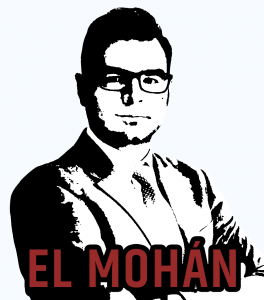 The 2008 financial crisis marked a reconfiguration of the global balance of power. As signs of the US economic prowess began to erode, countries too began chipping away at US power in their own spheres of influence. Some of the events that later ensued and continue to this day, marked a transition away from the unipolar world structured in the aftermath of the cold war. Events such as the occupation of Southern Ossetia and Abkhazia by Russia, the geopolitical struggles over the South China Sea, the Syrian War, China’s economic expansion into Africa, the war in Yemen, the annexation of Crimea by Russia, Brexit, and Russian the meddling into the US election all suggest a shift in global hard and soft power away from the US.
The 2008 financial crisis marked a reconfiguration of the global balance of power. As signs of the US economic prowess began to erode, countries too began chipping away at US power in their own spheres of influence. Some of the events that later ensued and continue to this day, marked a transition away from the unipolar world structured in the aftermath of the cold war. Events such as the occupation of Southern Ossetia and Abkhazia by Russia, the geopolitical struggles over the South China Sea, the Syrian War, China’s economic expansion into Africa, the war in Yemen, the annexation of Crimea by Russia, Brexit, and Russian the meddling into the US election all suggest a shift in global hard and soft power away from the US.
Enter Donald J. Trump, the 45th US president, whose brash style and controversial foreign policies have accelerated the global transformation. Some examples of this include, Trump’s refusal to investigate and acknowledge Russian meddling in the 2016 election, his decision for the US to abandon the Iran Nuclear Agreement, his disdain towards the UN (including the UN Human Rights Council) and multilateral action as a whole, his economic policies targeting allies in Europe and North America, his ‘bromance’ with North Korean Dictator Kim Jung Un and, most recently, his eager acceptance of Saudi Arabia’s version of the events around the assassination of Washington Post journalist and US-Resident Jamal Khashoggi.
Trump’s policies have affected Latin America – bigly – his protectionist policies have created currency volatility in Mexico and elsewhere his anti-immigration policies have torn apart thousands of central American families. The continued emphasis on drug trafficking and crime threatens to wipe away the gains from Colombia’s landmark peace agreement between the government and the Revolutionary Armed Forces of Colombia (FARC) guerrilla group and, finally, his push for greater intervention in Venezuela to forcefully oust (possibly unilaterally) President Nicolás Maduro from power, signals that the US approach under Trump towards Latin America has shifted.
Geopolitically, however, the region is still an attractive destination. China has been actively intervening in Nicaragua, Cuba, Venezuela, Ecuador, Bolivia and Paraguay. Likewise, Russia has forged a close military and economic alliance with Venezuela, Cuba and Nicaragua. At the same time there is a growing tide of European investment in Chile, Peru, Mexico and Colombia. These trends are quickly accelerating in a region that is poised to change rapidly as a result of new leaderships.
Brazil and Mexico
On December 1 and January 1, 2019, both Mexico and Brazil will be under new management respectively. Though internal anti-establishment and anti-corruption internal dynamics are largely credited with the rise of AMLO and Bolsonaro, these two leaders with strong personalities will likewise leave their mark in the region’s geopolitics.
In Mexico, AMLO has proposed a tectonic shift in the country’s economy, while at the same time he will continue to be hamstringed by the renegotiation of the NAFTA agreement. Moreover, both AMLO and Trump are likely to clash on immigration policy, security, and trade among others. Though Trump has been complementary of AMLO thus far, there remains uncertainty over how the two leaders will reach agreements and compromises (neither man is known for their ability to compromise) to guarantee a stable bilateral relationship.
In Brazil, former Army captain Bolsonaro has a penchant for authoritarian tendencies and off-the-cuff remarks and is most likely to win the election on 28 October. If elected, he will become the successor of Michel Temer, who became president after the impeachment of Labor Party President Dilma Rouseff. Bolsonaro, in a similar fashion to Trump has advanced the idea of collective action against Venezuela. Bolsonaro and his hardline policy against the socialist and communist movements suggest that Brazil, could depart from the so-called Lima Group and seek, along with Trump and Colombian President Iván Duque, to tighten the diplomatic siege that the region is currently waging against the Maduro regime. Although it is early to think of joint military action (something that the region for now rejects unanimously), the flows of Venezuelan migrants to Colombia and Brazil will not stop for now as the Venezuelan economy continues its elongated deterioration.
The leaders of both countries represent markedly opposed economic visions, however they have not yet taken sides on the region’s geopolitical struggle. What is clear, however, is that support or opposition to the US will no longer define Latin American affairs.
Implications for Colombia
The impending geopolitical fragmentation if Latin America also suggests an opportunity for Duque to expand Colombian influence in the region. Like AMLO and Bolsonaro, Duque will likely be pressed to address internal issues before he can project influence externally. Duque’s foreign policy will revolve less around peace and more around, offering non-violent alternatives for regime change in Venezuela, improving the region’s commercial interconnectivity, and the fight against corruption. However, the influence the US continues to exert on Colombia, on the issue of democracy in Venezuela and drug trafficking will reduce Duque’s autonomy to propose alternatives on both issues.
New Latin America
The region faces dire economic prospects. Firstly, the region continues to be completely dependent on commodity prices and, secondly, large budget deficits carried over because of overspending during peak commodity years. The latter now demands unpopular corrective policies (flexibility on labor policies, tax reform, and pension reform). In addition to this, although the region signed a frenzy of trade agreements during the last ten years (including the ambitious Trans-Pacific Partnership, the Pacific Alliance, and a slew of bilateral trade agreements with the EU), it failed to strengthen internal synergies before competing globally.
Moreover, the region’s politics can no longer be neatly divided into an antiquated left-right schism. With a larger middle class, voters are greatly concerned with government spending, corruption and the creation of social safety nets that include education and healthcare. Voters also seem eager to do away with old party structures and hereditary rule by powerful national and regional elites.
The region has failed time and time again to show a unity of effort and has demonstrated to be less interested in playing a global geopolitical role. Instead, it appears that it is preferable to bicker about internal matters. The ossified inter-American structure, exemplified by the Organization of American States, has demonstrated a marked inability to deal with the region’s democratic challenges, such as the overthrowing of the Honduran government, the current crisis that is faced by Guatemala and Nicaragua, the longstanding dictatorship in Cuba, and the erosion of democracy in Venezuela among others. All of these have already caused the rupture of commercial and political ties between many countries in the region and will likely continue to sow division.
Who will fill the empty driver’s seat?
Though the US has played a role, through diplomacy and economic policies, in maintaining the inter-American system, it no longer has or wishes to play a leading role. The current state of affairs suggests that Mexico and Brazil will become central characters in the region’s transformation, though it will depend on the character of leadership that is shown by both AMLO and Bolsonaro. Colombia also stands a chance of exerting greater regional leadership. However, it becomes increasingly likely that China, Russia and Europe will likely take advantage of the vacuum left by the US in Latin America to pull the region more towards their geopolitical and commercial objectives. The real question for the region is how long it can remain adrift in the shadow of the hegemon.
Sergio Guzmán is the Director of Colombia Risk Analysis, a political risk consulting firm based in Bogotá. Follow him on twitter @serguzes and @ColombiaRisk
This opinion column is intended as a space to discuss some of the most pressing issues faced by Colombia and the region in these uncertain times. All opinions and content are solely the opinion of the author and do not represent the viewpoints of The Bogotá Post.
*El Mohán is a Colombian mythological figure. He is described as a hairy humanoid figure associated with natural forces such as great rivers and the mysteries lying within the forests. It is said, El Mohán was a shaman who had an anticipated vision of the arrival of the Spanish conquerors and the terrors they brought along.

